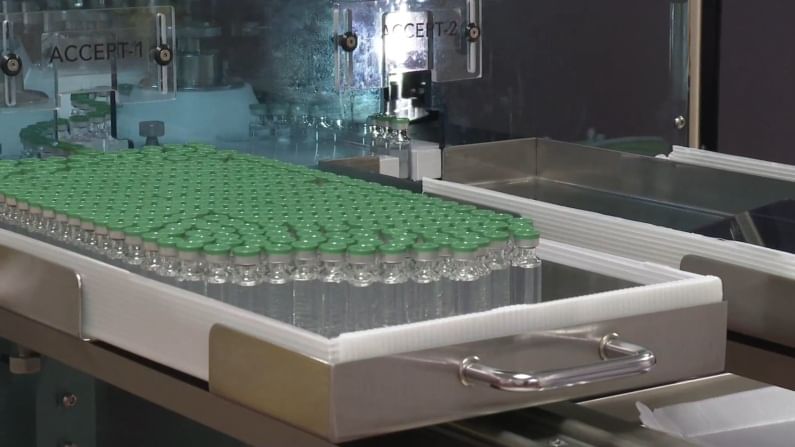Vaccine conundrum: Should India be worried?
Professor NK Ganguly, former Director General of the Indian Council of Medical Research, believes that India does not have anything to fear

The Covishield vaccine is in the eye of a storm worldwide but the vaccination process is still underway in India. Covishield has been jointly developed by Oxford and AstraZeneca.
Countries like Denmark, Norway and Iceland have stopped the vaccination process after complaints of blood clotting.
So, how big a concern is this for India?
Professor NK Ganguly, former Director General of the Indian Council of Medical Research, believes that India does not have anything to fear.
According to him, blood clotting has not been established in the initial investigation with the vaccine.
“AstraZeneca vaccine has been given to crores of people in India and abroad till now and no such side effects have been reported in them. This may have happened to those who are undergoing treatment for some other disease or taking other medicines,” he told Money9.
According to him, AstraZeneca’s vaccine is being used extensively in the UK and the authorities there have examined the data and believe that these cases are not related to AstraZeneca’s vaccine.
AstraZeneca’s vaccine is also being distributed and used in many countries under the World Health Organization (WHO) initiative COVAX to deliver vaccines worldwide.
Does the vaccine need to be administered every year?
After applying the vaccine, antibodies resistant to Covid-19 are produced in the body. Currently, two doses are being applied in India in 28-day intervals to give boost to antibodies.
According to Ganguly, up to one month after vaccination, in most cases, 10 units of antibodies are made in the body.
According to a December blog by Bharat Biotech, after the Phase-2 clinical trial of Covaxin, it was found that for three months, antibody levels were high in all cases. On this basis, the company believes that antibodies made from Covaxin can remain in the body for 6-12 months.
However, Ganguly said he can only make a comment after taking a look at the data after the clinical trials.
According to him, except for 10% of cases, the antibodies are in the right amount for four months. Giving the second injection within this time frame will produce better results. At this time, the emphasis is on giving these boosters before the antibodies decrease.
He said that according to the current data, these boosters may have to be given every year.
Johnson & Johnson Vaccine
Under Quad’s initiative, India may manufacture one dose of Johnson & Johnson vaccine.
Ganguly said he has high expectations from the Johnson & Johnson vaccine. The J&J vaccine can also be stored in the refrigerator temperature. Also, there is an efficiency of this vaccine.
“Being a single-dose vaccine, people will not have to come to the hospital again. More people will be covered under the vaccination drive quickly. This will also reduce the logistical issues,” he said.
The European Medicines Agency has approved the Johnson & Johnson vaccine for use in 27 countries of the European Union. This is the fourth vaccine to be approved in the European Union. The pharmaceutical vaccines of the Union have been closely evaluated and proved to be good in terms of safety, quality and efficiency.
Earlier, the Johnson & Johnson vaccine is being used in the US.
The US approved a dose of J&J vaccine in February itself. Pfizer, Moderna and Johnson & Johnson vaccines are currently being used in the US. American President Joe Biden has announced that from May 1, all adults in the country will be eligible for vaccination.
On the rise in number of cases, Ganguly said that testing should be ramped up to ensure the cases are tracked earlier.